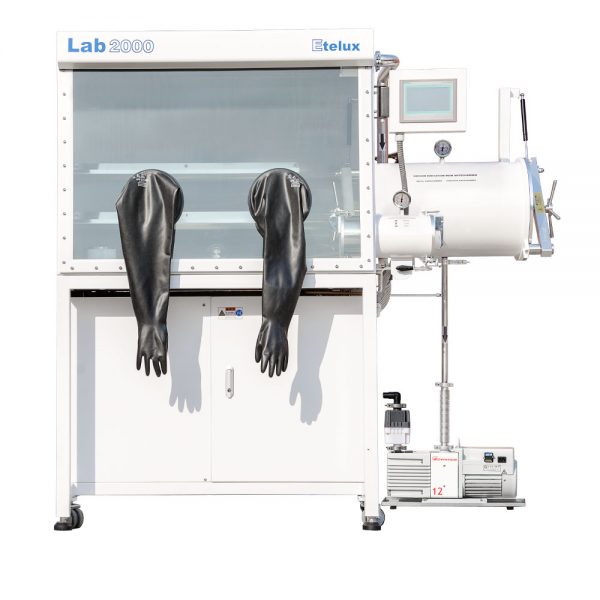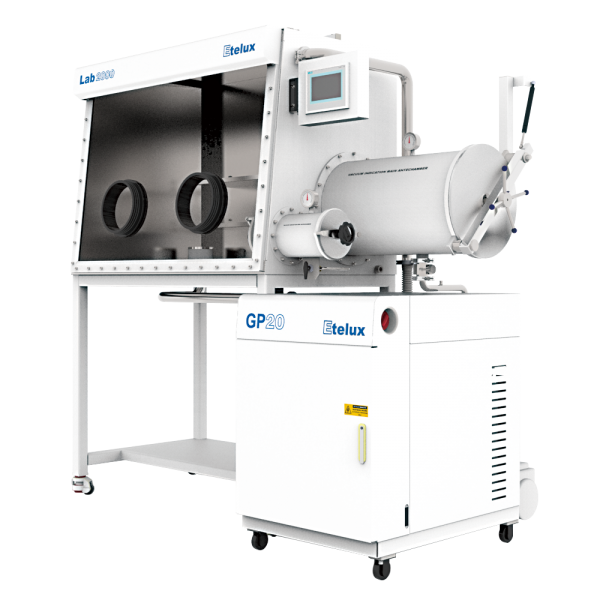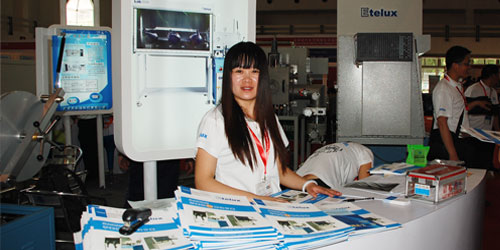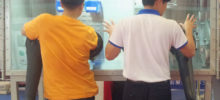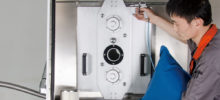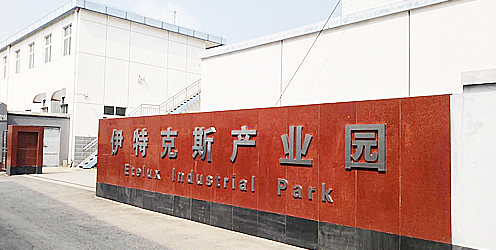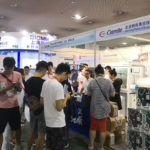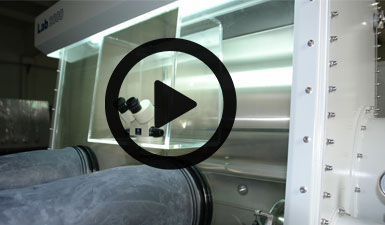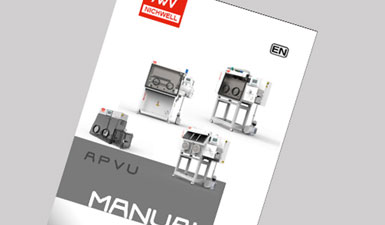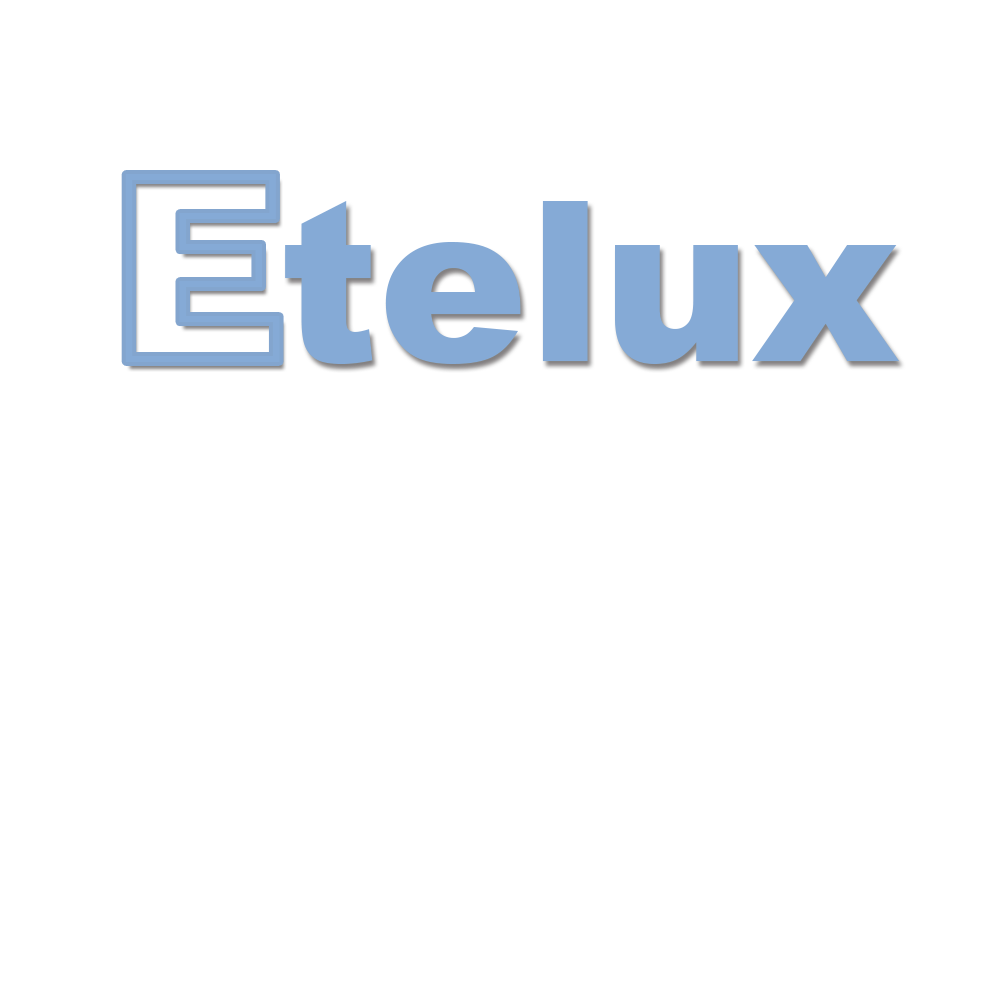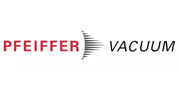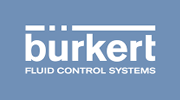Moisture analyzers can be classified into various types according to different working principles and technologies, each type has its specific application scenarios as well as advantages and disadvantages. Below are some common types of moisture analyzers and their characteristics:
1, chemical analysis method moisture meter – Karl Fischer method (Karl Fischer)
Advantages: for the precise determination of trace moisture, with high sensitivity and accuracy. Disadvantages: the operation is relatively complex, the reagents are not suitable for the determination of moisture.
Disadvantages: the operation is relatively complex, toxic reagents, need to be operated by professionals, high cost.
2, physical analysis method of moisture meter – infrared moisture meter
Advantages: easy to operate, fast, suitable for rapid detection of large quantities of samples.
Disadvantages: affected by the nature of the sample, may require calibration curve.
3, resistance moisture meter
Advantages: simple structure, low cost, easy to operate.
Disadvantages: lower precision, limited scope of application, easily affected by environmental factors.
4、 Capacitance moisture meter
Advantages: non-destructive detection, fast response, suitable for online monitoring.
Disadvantages: may be affected by other non-water components.
5, online microwave moisture meter – contact and non-contact
Advantages: real-time monitoring, without sampling, suitable for continuous production process moisture control.
Disadvantages: non-contact may be affected by the material surface characteristics, contact may have wear problems.
6、Near infrared moisture meter
Advantages: fast and non-destructive testing, suitable for online monitoring of the production line. Disadvantages: the need to establish a reliable school in advance.
Disadvantages: the need to pre-establish a reliable calibration model, the uniformity of the sample has certain requirements.
7、Electrolysis micro water analyzer
Advantages: applicable to trace water analysis, high degree of automation, good accuracy.
Disadvantages: high maintenance costs, the need for regular replacement of electrolyte and sensor.
8, heating method moisture analyzer
Advantages: simple principle, easy to operate, applicable to most of the samples.
Disadvantages: may not be able to completely dry some samples, the choice of heating conditions have a significant impact on the results.
9, dew point meter – atmospheric dew point meter and pressure dew point meter
Advantages: suitable for moisture measurement in gases, high accuracy.
Disadvantages: subject to changes in ambient temperature and pressure, requires periodic calibration.
Etelux glove boxes are often used with dew-point meters. The high accuracy of the measurement makes it easy for the laboratory personnel to observe!
Each type of moisture analyzer has its own applications and limitations. Choosing the right instrument requires consideration of the characteristics of the sample, the accuracy required, the ease of operation, and the cost.
Worldwide shipping
Shipping & Returns

